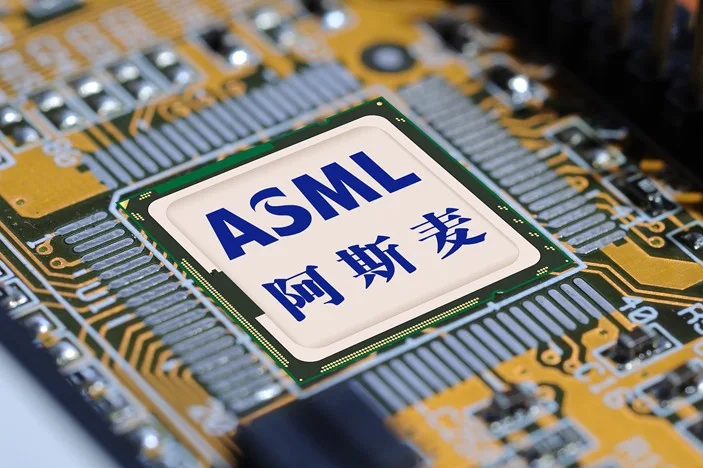
The U.S. is also engaging with other allies, such as Japan and South Korea, to implement similar restrictions. The focus is particularly on companies like ASML, a Dutch firm that holds a monopoly on Extreme UltraViolet Lithography (EUV) technology, which is crucial for manufacturing the most advanced chips.
The U.S. had previously imposed rules in 2019 that prevented ASML from selling its EUV machinery to China. However, there are concerns about the servicing of less sophisticated deep ultraviolet (DUV) lithography machinery, which is also used in chip production. China has criticized these controls, stating they limit the country's right to development.
The US Push for Control:
The US is locked in a strategic competition with China, and semiconductors are a key battleground. These tiny chips are vital for everything from smartphones and computers to advanced weaponry.The US fears that if China gains access to the most sophisticated chipmaking technology, it could close the gap in military and economic might. To this end, the US has implemented export controls restricting the sale of advanced chipmaking equipment to China.
The Dutch Conundrum
This is where the Netherlands and ASML, a Dutch company that holds a near-monopoly on the most advanced chipmaking machines (EUV lithography systems), enter the picture. The US is now lobbying the Netherlands to go beyond just restricting new sales. They want the Dutch government to compel ASML to halt servicing and repairs on machines already sold to China, even if those sales predate the new restrictions. This puts the Netherlands in a tough spot. Agreeing to the US request could damage their economic relationship with China, a major trading partner. Additionally, reneging on existing contracts could hurt ASML's reputation as a reliable supplier.The Potential Impact:
If the US prevails, it could significantly slow China's progress in domestic chip production. However, it could also have unintended consequences. A disrupted supply chain could lead to higher chip prices globally, impacting manufacturers around the world. Additionally, some experts argue that these restrictions might push China to develop its own domestic chipmaking industry even faster, ultimately benefiting them in the long run.The situation remains fluid. The Netherlands is likely to weigh its economic and security interests carefully before making a decision. Negotiations between the US and the Netherlands are likely to continue in the coming months.
Advertisements
